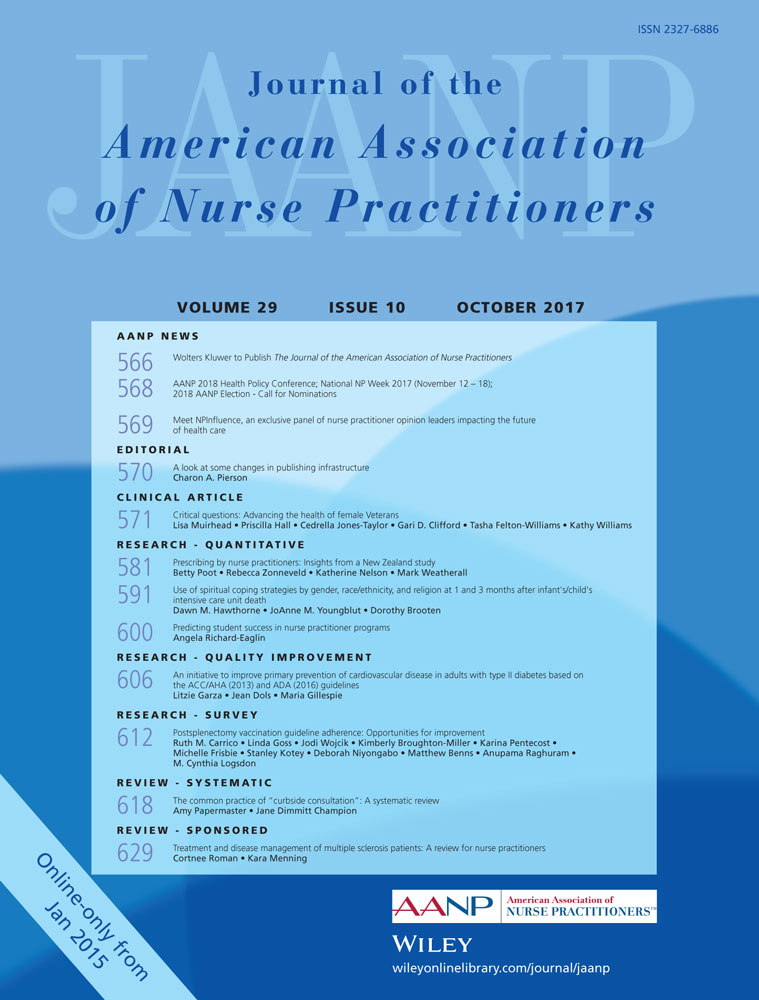Postsplenectomy vaccination guideline adherence: Opportunities for improvement
Abstract
Background and purpose
Patients undergoing splenectomy for trauma are at life-long risk for rapidly progressive septicemia. The purpose of this study was to investigate long-term patient understanding and follow-up with recommendations regarding their asplenia.
Methods
Patients undergoing splenectomy for trauma January 2010–December 2014 were analyzed. Medical records were reviewed and telephone follow-up interviews were conducted in October–December 2015. Patients were asked a standard set of questions that included hospitalizations, awareness of infectious risks associated with asplenia, need for revaccination, and vaccines they had received since their index hospitalization.
Findings
Two hundred forty-four patients underwent splenectomy during the study period. A total of 95 patients (39%) were included in the study. Thirty (32%) had been hospitalized since their trauma admission. Only 46% were aware of the risks for sepsis and the need to revaccinate. Only 7% reported having rapid access to antibiotics.
Conclusions
Despite uniform education prior to discharge, most patients undergoing splenectomy for trauma were unaware of the risks for sepsis and did not follow recommended guidelines for risk reduction.
Implications for practice
Improvements that have direct implications for advanced practice included the need to refer for vaccination, educate regarding infection risks, and facilitate rapid access to antibiotic treatment.




